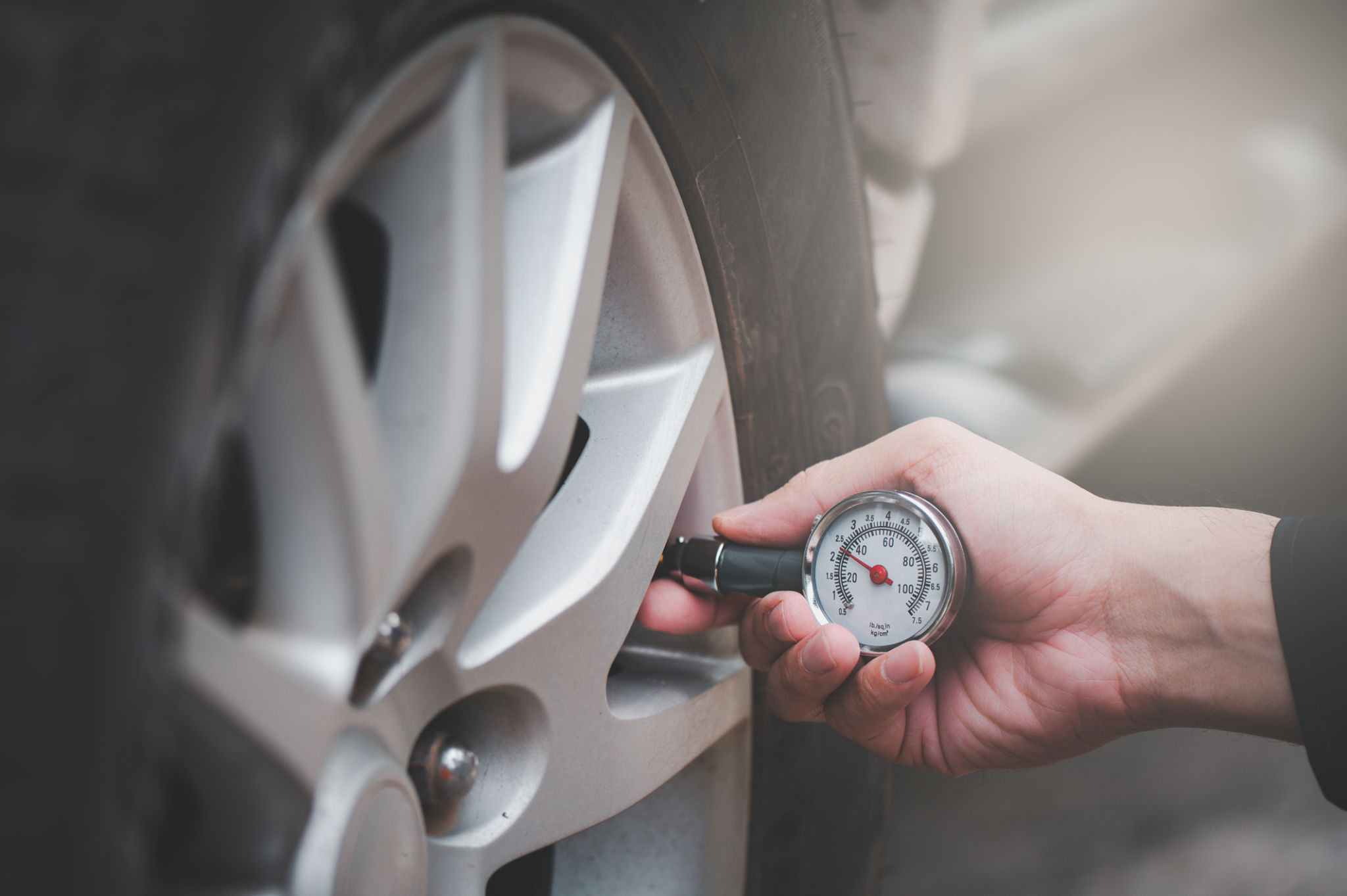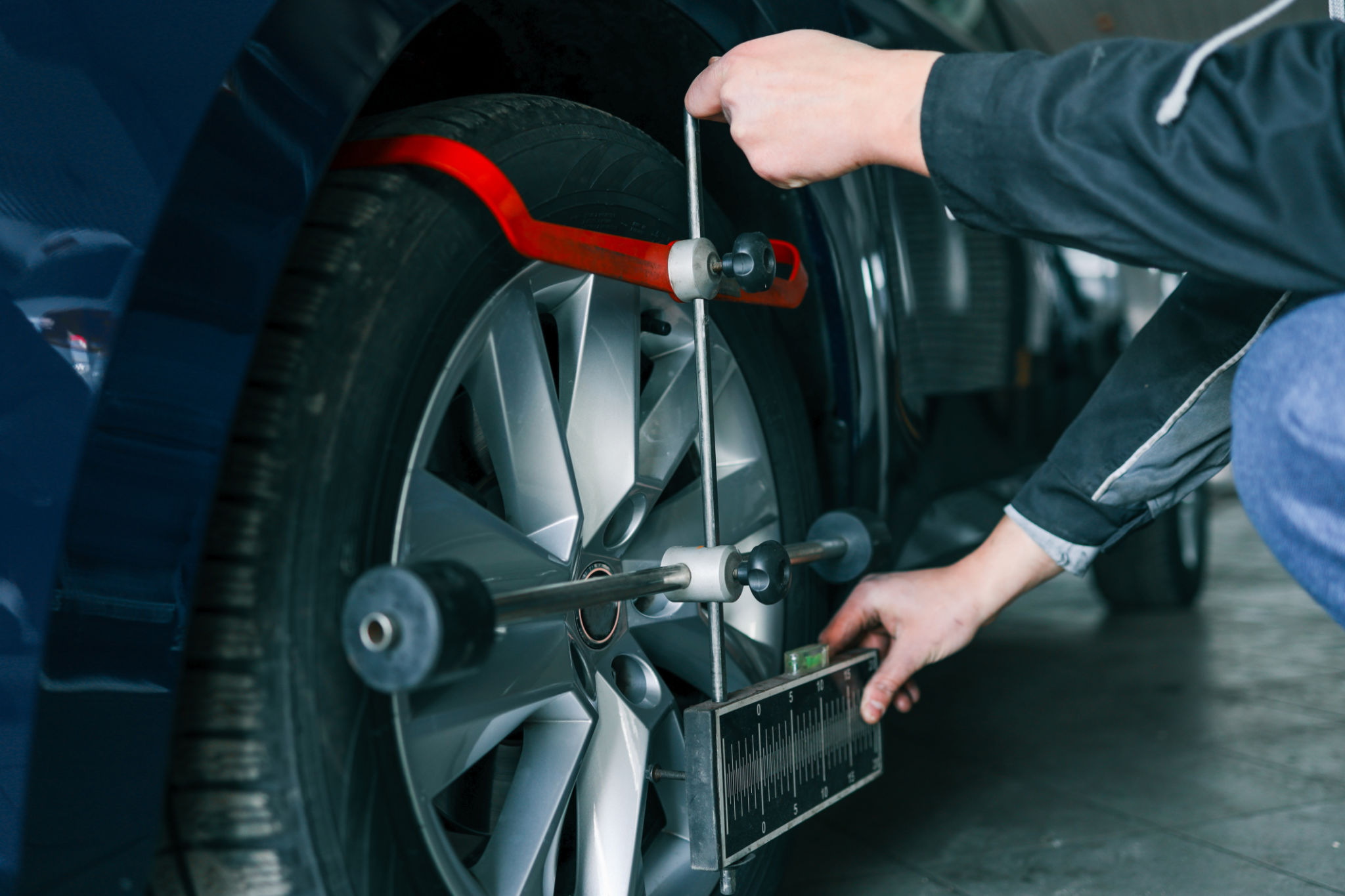Why Ignoring Tyre Wear Could Cost You More Than You Think
The Importance of Monitoring Tyre Wear
Regularly checking the condition of your vehicle's tyres might seem like a trivial task, but it is crucial for safety and cost-effectiveness. Ignoring tyre wear can have serious repercussions, not only on your wallet but also on your overall driving experience. Most drivers overlook the importance of tyre maintenance until they face a blowout or a skid, leading to unexpected expenses and potential accidents.

Safety Concerns
Your tyres are the only point of contact between your vehicle and the road. If they are worn out, their ability to grip the road decreases significantly. This can lead to longer stopping distances, reduced handling ability, and an increased risk of hydroplaning in wet conditions. Ensuring that your tyres are in good condition can prevent accidents and keep you and your passengers safe.
Financial Implications
Ignoring tyre wear can also have financial consequences. While buying new tyres might seem costly initially, delaying their replacement can lead to more substantial expenses down the line. Worn-out tyres can affect fuel efficiency, leading to higher fuel bills. Moreover, damaged tyres can cause additional strain on other car components, resulting in costly repairs. By maintaining your tyres, you can avoid these unnecessary expenses.

The Impact on Fuel Efficiency
Worn tyres increase rolling resistance, which in turn makes your engine work harder to maintain speed. This increased effort translates into higher fuel consumption. By ensuring that your tyres are in good condition and properly inflated, you can improve your vehicle's fuel efficiency, saving money at the pump over time.
Signs of Tyre Wear
Recognizing the signs of tyre wear is essential for timely maintenance. Common indicators include uneven tread wear, visible tread wear indicators (often called wear bars), and sidewall damage. Regularly inspecting your tyres for these signs can help you determine when it's time for a replacement.

How to Prolong Tyre Life
- Regular Rotation: Rotating your tyres every 5,000 to 8,000 miles can promote even wear.
- Proper Inflation: Keeping your tyres at the recommended pressure can reduce wear and improve fuel efficiency.
- Alignment and Balancing: Regularly checking alignment and balancing can prevent uneven tyre wear.
The Environmental Impact
The environmental ramifications of ignoring tyre wear should not be overlooked. Worn tyres contribute to environmental pollution by increasing fuel consumption and releasing more CO2 emissions. By maintaining your tyres, you not only save money but also contribute to reducing your carbon footprint.
Conclusion
In conclusion, neglecting tyre wear can lead to numerous adverse effects, from increased safety risks to financial burdens and environmental harm. Regular maintenance and timely replacements are key to ensuring a safe driving experience and prolonging the life of your vehicle. Remember, keeping your tyres in check is an investment in your safety and overall vehicle efficiency.